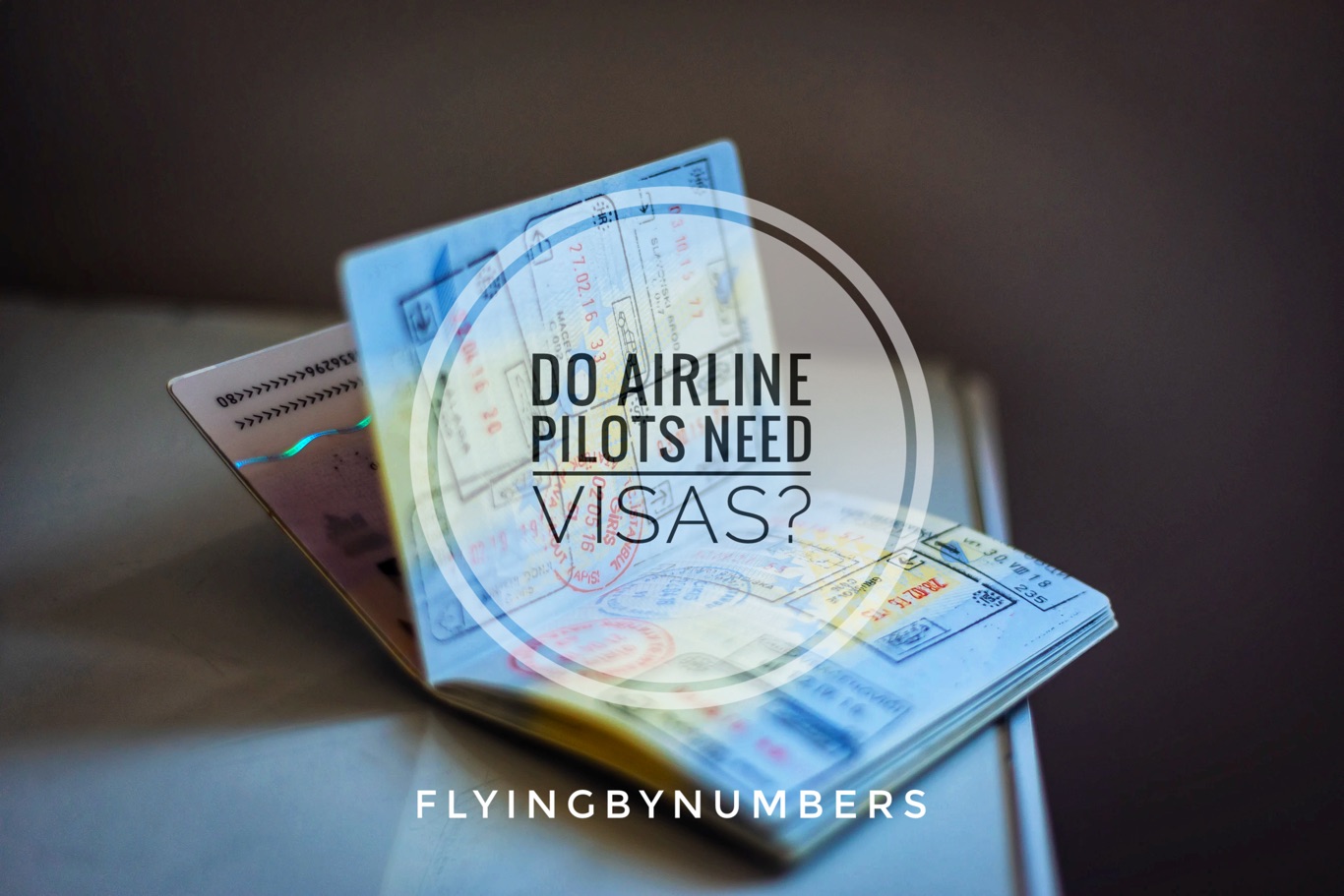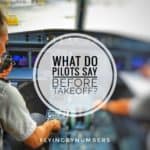The short answer: Yes. Airline pilots, like other international travellers, are often subject to visa requirements, which can vary significantly depending on the destination country and the specific circumstances of their travel.
However, that doesn’t mean that pilots (and their flight attendant colleagues) have the same experience of early morning embassy visits, queues, and a minefield of forms that you might associate with a visa!
Here’s a quick overview at the visa requirements for pilots…
Crew Visas
In numerous instances, airline pilots and cabin crew are required to obtain a specific type of visa known as a crew visa. This is particularly true for countries like the United States and China.
Crew visas are designed to provide clearance for non-citizens to enter and remain in a country within certain constraints, usually linked to their employment on an aircraft, train, or ship.
This means that pilots with a crew visa cannot visa the country on days off, or in certain cases cannot leave the country to visit elsewhere during their working trip.
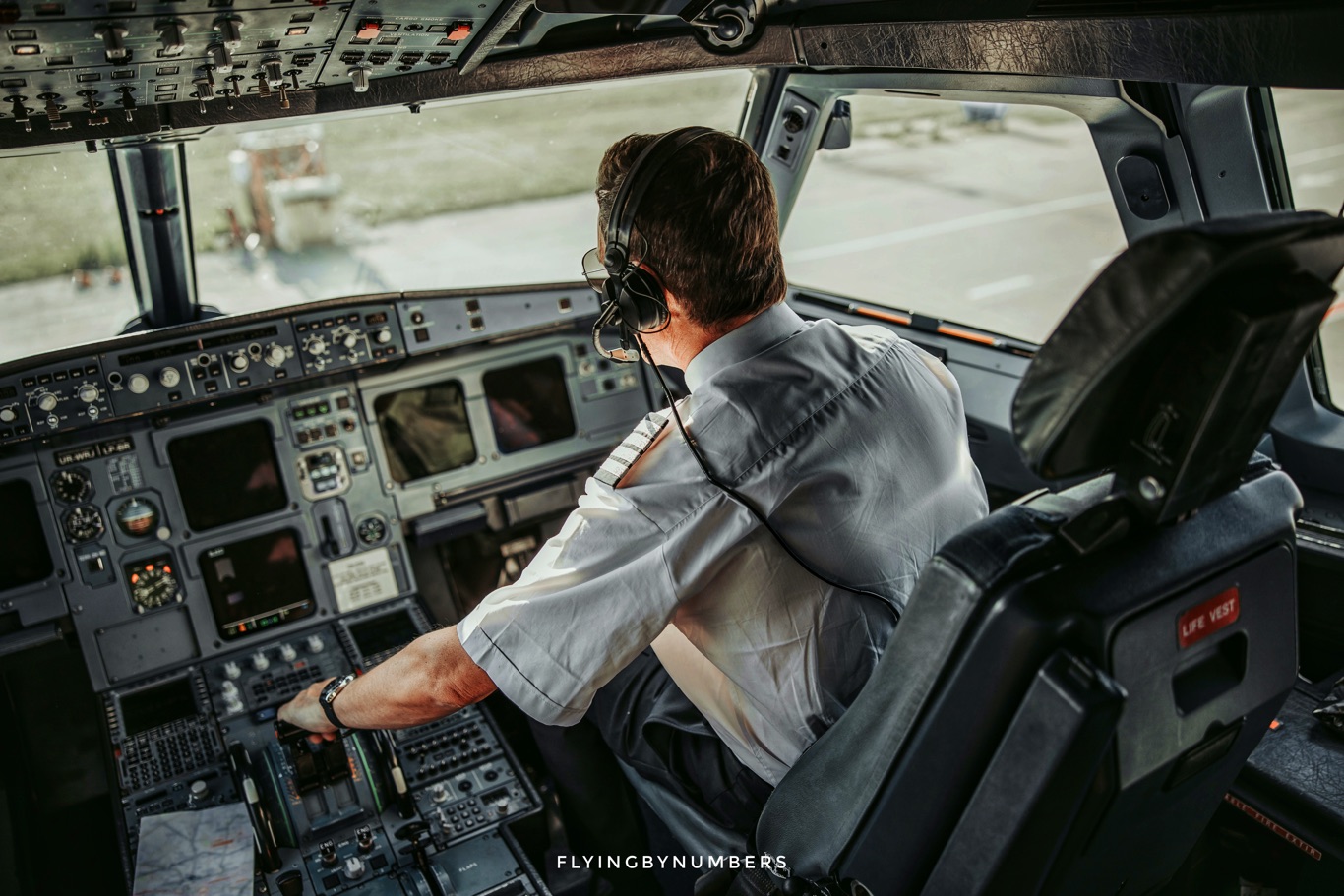
Applying for a Crew Visa takes many formats. Some are applied for in advance and require embassy visits — such as the USA. While others are simply electronic forms to be completed within 24 hours of arrival, such as in China.
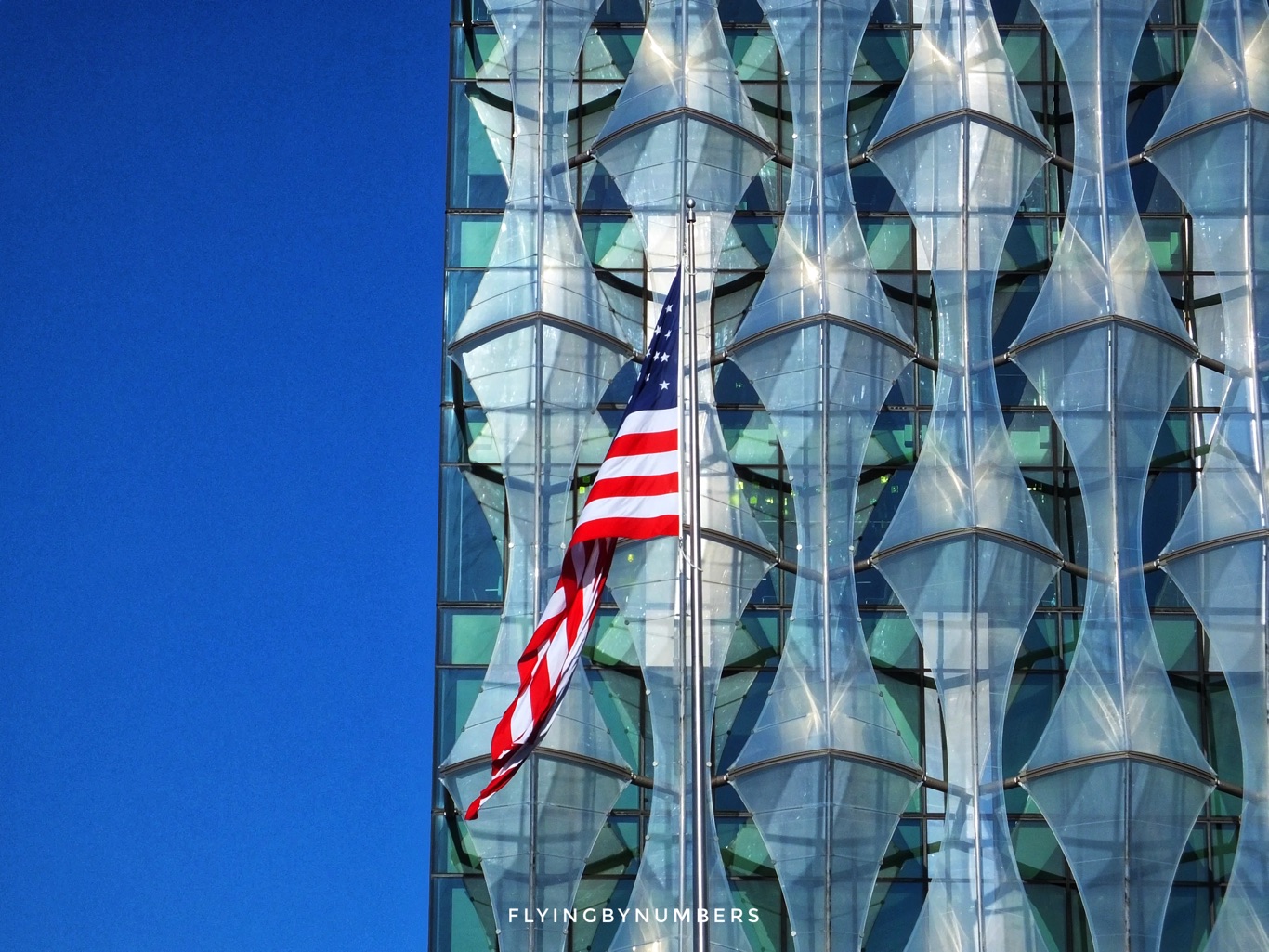
How do pilots get visas?
When in person interviews are required, pilots are responsible for obtaining their visas in the same way that normal travellers are. Yes, that means early morning embassy queues and all!
However, airlines often play a supportive role:
- Typically, airlines reimburse their employees for any expenditures related to obtaining the necessary visas.
- Some airlines I’ve worked for have also provided step-by-step guides for the visa applications and even chaperoned me to the embassy themselves!
- This support is crucial since navigating the complexities of international travel and visa requirements is an integral part of a pilot’s job.
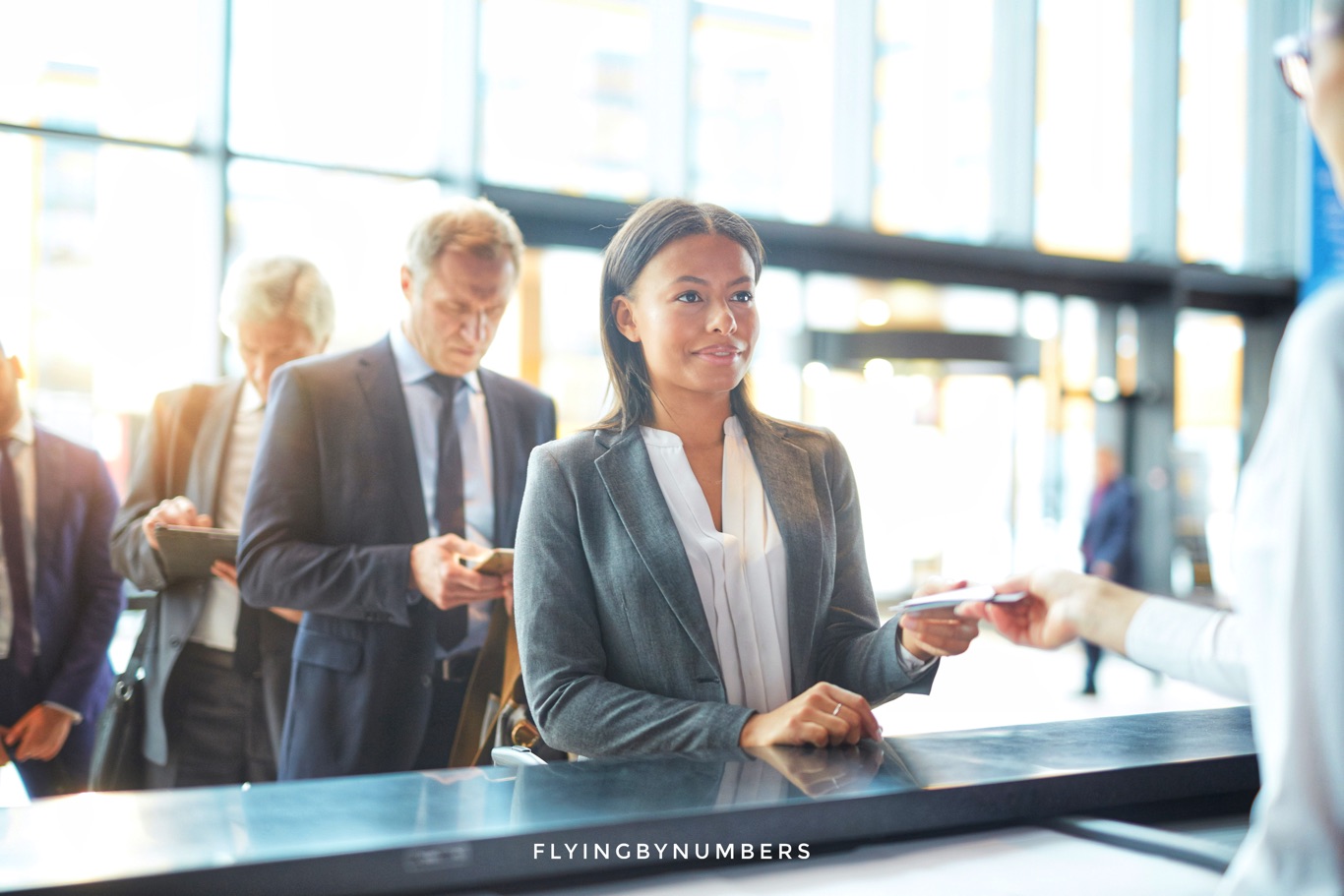
One thing to be aware of, is that pilots are required to be able to obtain whatever visa the company requires of them as a part of their contract. Airlines start new routes and change their current route network frequently, so pilots need to be able obtain a visa in any country. Any issues that prevent pilots from obtaining visas, through previous overstays or criminal records or historical issues, can result in pilots losing their jobs.
Summary
In conclusion, while pilots do need visas for international travel in some cases, their experiences don’t quite match the average traveller!
Airline crew benefit from some exceptions, and special arrangements — such as crew visas and bilateral agreements — that can ease their travel and reduce the paperwork required. However, these often come with strict criteria, and must only be used when overseas for work, and not for personal travel.
The responsibility for obtaining these visas typically falls on the pilots, but airlines usually assist in this process, including providing advice on the paperwork and covering the costs involved.
